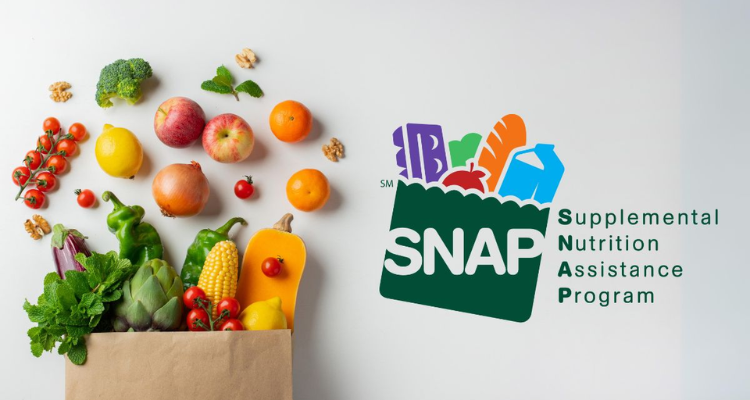More mandatory work hours and new transition measures for recipients
As of Monday, July 1, eligibility requirements for food stamps in Florida have increased in difficulty. The Supplemental Nutrition Assistance Program (SNAP), which helps low-income individuals and households purchase nutritious food, now requires more to qualify.
In June of last year, the Fiscal Responsibility Act of 2023 increased the requirement to work 80 hours a month to receive SNAP, raising the age limit for able-bodied adults without dependents from 49 to 52, and will raise it to 54 beginning in October. Exempt from these requirements are pregnant, homeless, veterans, those with physical or mental limitations, and youth up to age 24 who were in foster care.
The Florida Department of Children and Families, which administers the state’s SNAP program, had already expanded its own definition last November to include adults up to age 59, increasing the mandatory employment and training program (SNAP E&T) from 80 hours per month to 120 hours per month. Individuals who fail to comply with the requirements or complete the required reports may be penalized and lose their SNAP benefits.
«The bill replaces handouts with handouts,» said Rep. Adam Anderson, R-Palm Harbor, the bill’s sponsor.
However, critics warn that the measure puts older residents at risk. The Florida Policy Institute, a nonprofit organization, said, «Imposing work requirements on older Floridians will cause enormous hardship for people who are cut off from food assistance as a sanction.» The organization noted that nearly 7% of Floridians between the ages of 50 and 59 and 8.5% of those over the age of 60 are food insecure.
These changes follow the reduction of SNAP benefits for 2.8 million Floridians following the end of COVID pandemic emergency allotments. In addition, the state declined to participate in the federal government’s Summer EBT program, which would have provided $120 for groceries during the summer to each eligible child for free or reduced-price lunches. Approximately 2.1 million low-income children lost the opportunity to receive more than $250 million in federal aid because of this decision.
The new law, HB 1267, also addresses the «benefit cliff», a situation in which beneficiaries lose their SNAP benefits by earning too much money, but not enough to cover their expenses. This fear can deter beneficiaries from advancing their careers. A House analysis of the bill notes that «Benefit cliffs create a financial disincentive for low-income people to earn more because of the destabilization and uncertainty that often result from a loss of benefits.»
The law does not provide additional financial relief, but requires a new case management and education system to help families transition to self-sufficiency. It also requires the use of a financial forecasting tool to «demonstrate the future financial impacts of the change in the participant’s income and benefits over time» and conduct exit surveys, the results of which will be reported annually to the Florida Legislature.
«We want the transitions for those moving from public assistance to financial independence to be seamless,» Anderson said. «No family should have to choose between a pay raise and receiving benefits.
The bill also creates a program to provide financial assistance to families who no longer qualify for school readiness program funds.
The SNAP E&T program allows able-bodied adults without dependents to obtain education and job skills while meeting work requirements. As of July 1, anyone «who is between the ages of 18 and 59, inclusive; has no children under the age of 18 in their household; does not qualify for an exemption; and is determined by the department to be eligible to participate in an employment and training program» must participate in the program for 40 hours per week. Those without a high school diploma may choose to spend at least 20 hours per week in general adult education or high school equivalency preparation to meet the work activity requirement.
